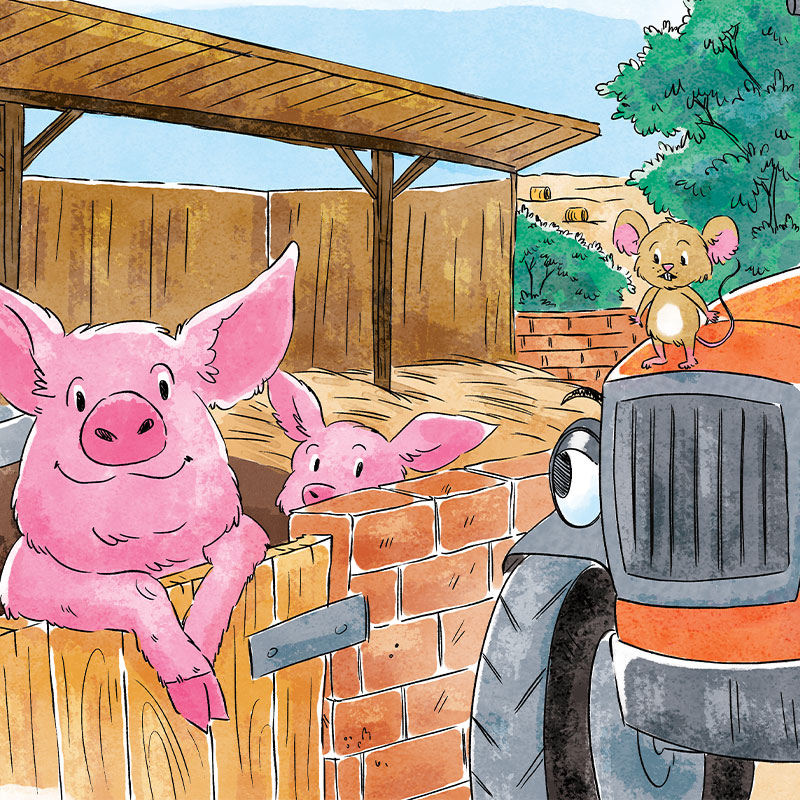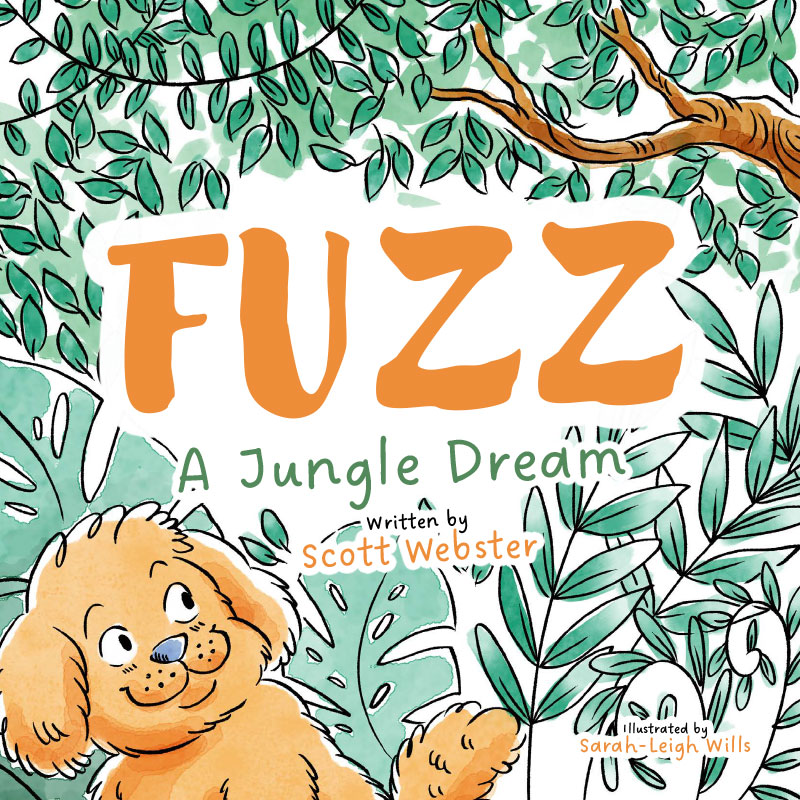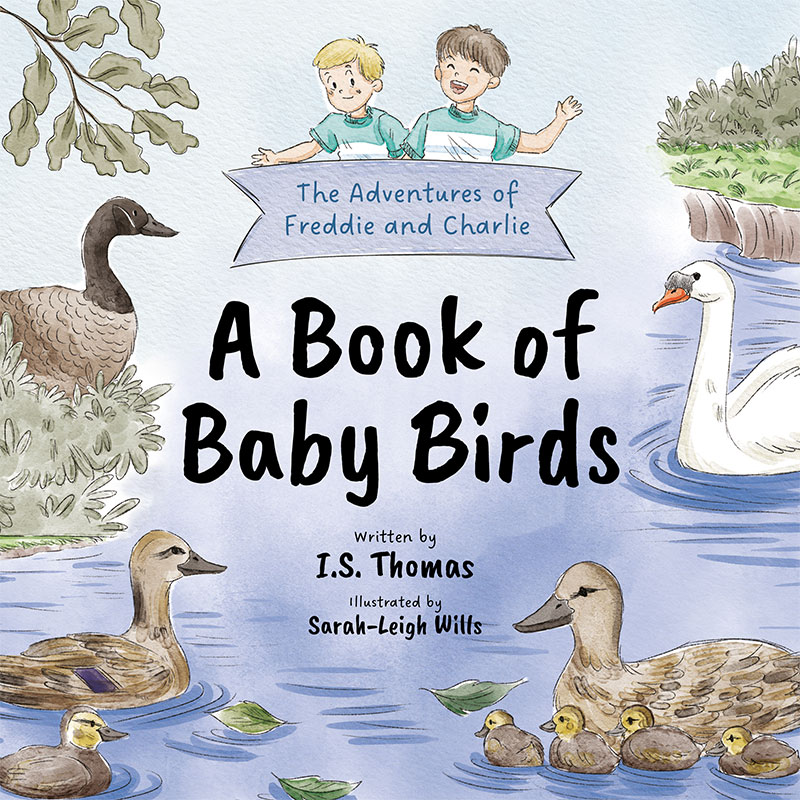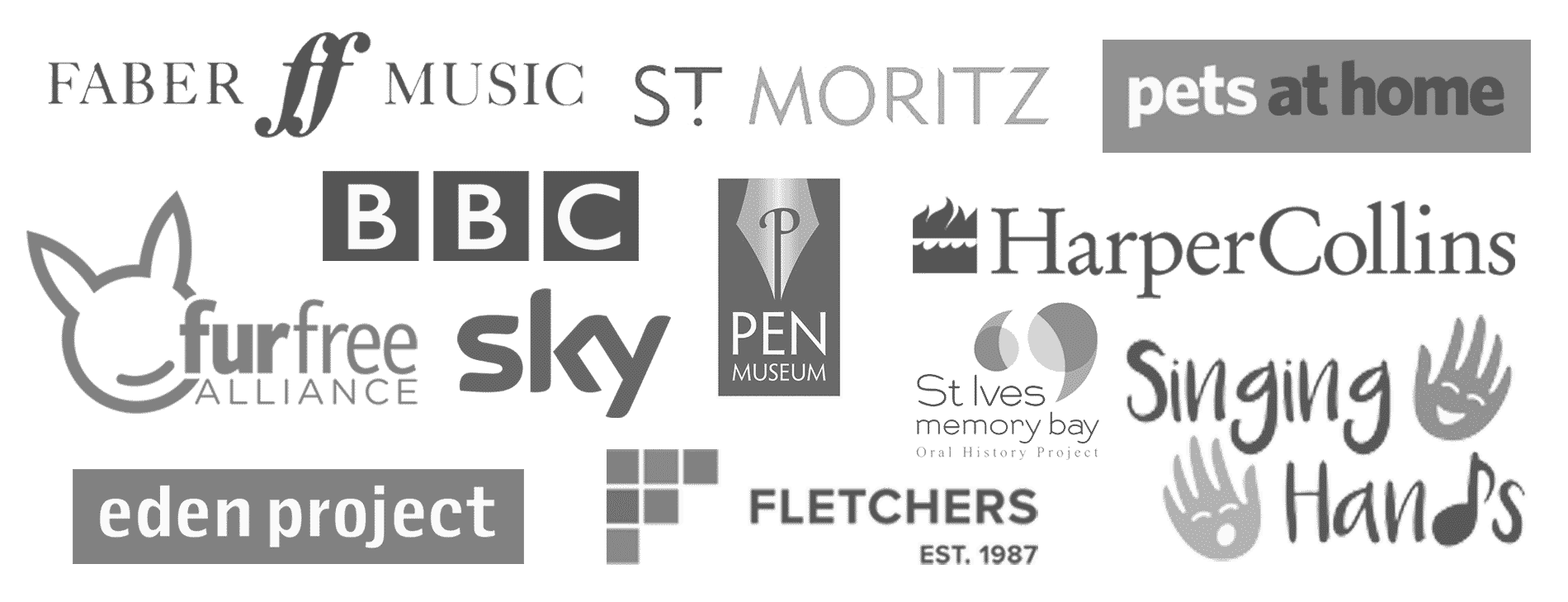Boosting Imagination With Reading
There are many benefits when it comes to children reading books. A 2015 US study which looked at the effects of different toys on children’s learning found that traditional toys, including books, were more effective in increasing the quantity and quality of language than modern electronic toys. The small-scale study looked at 26 children aged 10 to 16 months, and found that along with traditional toys, such as wooden puzzles and shape-sorters, reading encouraged “a rich communicative interaction between parents and infants,” with parents talking more and using more vocabulary associated with themes in the book than when playing.
“Reading encouraged “a rich communicative interaction between parents and infants,””
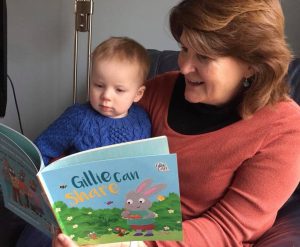
Research presented at the 2017 Pediatric Academic Societies Meeting suggested that reading to children as babies could boost their literacy skills for years to come. The researchers found that mothers reading to babies during early infancy boosted language, vocabulary, and literacy skills, with results lasting up to four years later. In addition, the team also found that the quality of the books read strongly affected early reading skills, while both the quality and quantity of books read had a strong impact on children’s later literacy skills, such as being able to write their name at age four.
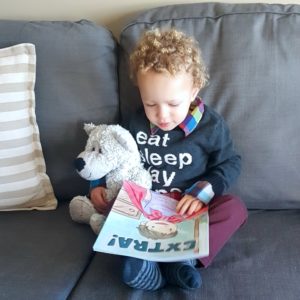
How To Boost Imagination With Reading
A small-scale 2015 study of 19 preschoolers aged three to five showed for the first time that reading during early childhood appears to have a measurable and positive effect on the brain. After measuring how much parent-child reading the children were exposed to at home, the researchers took MRI scans of the children’s brains while they were listening to stories via headphones. They found that children exposed to more reading showed increased brain activity in the areas critical for oral language and reading, as well as the areas linked to mental imagery, which can boost children’s imagination and enable them to “see” the story.
Children’s imaginations are amazing things that respond brilliantly to being “sparked”. Anyone that’s played imagination games with children, even as they approach the teenage years, will know that the scope of their imagination can be beyond anything you remember from your childhood. Pebbles on the beach can become ships on the sea, a cardboard box can become a sports car and the most simple pieces of furniture can be a roller coaster. When the imagination kicks in, children can start imagining past and future events, and this also gets their cognitive development fired up. New knowledge is learned through the imagination, as curiosity comes out and they begin to engage in objects and situations on another level. By taking their imagination to a totally new place through reading, you’re offering them the chance to engage in new worlds and characters, potentially creating more acceptance of the unknown to the child, and also giving them the chance to make up their own. Have you ever read a book with a child and stopped before the ending to ask them how they think it’ll end? Or as how certain characters might behave in different situations? All of this helps to set their problem-solving brain off, and get them thinking in a way that they hadn’t before. Exercising the brain like this helps to encourage analytical and emotional thought. By feeding all these parts of the brain you’re helping to give the child a wealth of skillsets and growth, all from reading a book and firing up the imagination!
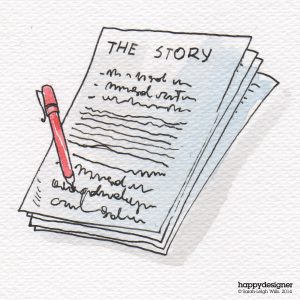
Vocabulary Support
Norwegian research which looked at 1,171 first-grade pupils and their parents found that children whose parents read to them in early childhood and who grew up in homes with lots of books were better-prepared to learn to read when starting school, in part due to having a larger vocabulary. Children who were read to before age two, and who had access to plenty of children’s books had a vocabulary that is almost twice that of those who have less books at home and who were only read aloud to after the age of four years, added the researchers. A wide vocabulary helps boost children’s reading, and ups school performance, as children understand more of what is happening and find it easier to keep up in class.
Check out our gallery pages to see all the books we have worked on, and click on each one to find out how to buy that book!

